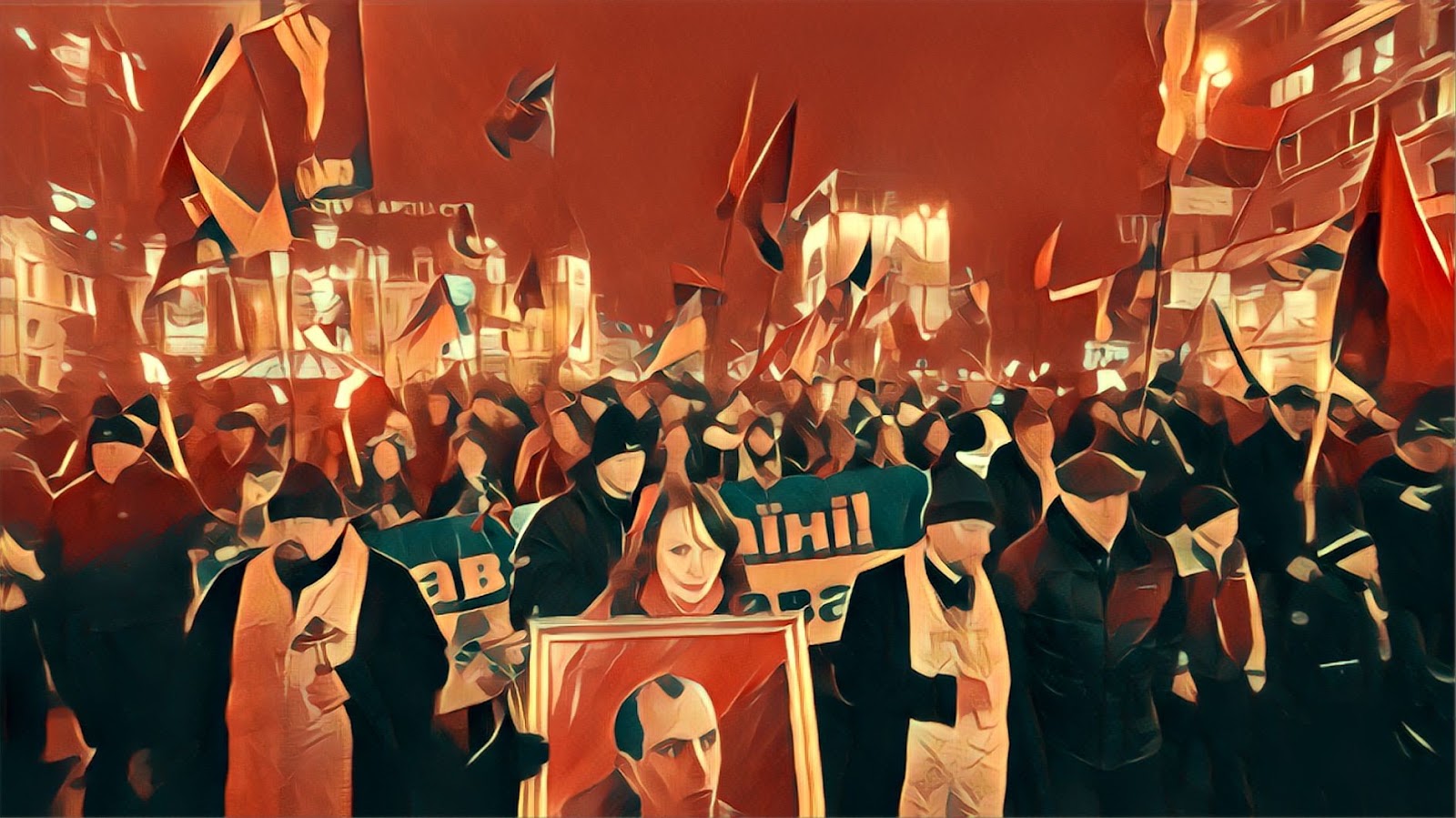
30 September 2023
https://www.telegraph.co.uk/news/2023/09/30/black-lives-matter-hysteria-made-fools-of-us-all/Well I for one and all the people I know were not at all taken in by the BLM. We understand perfectly well that on the major questions of the day, there's little difference between the two parties and so all we have to distinguish them are one or two social points, mainly turning around Woke, political correctness, this BLM,...





















